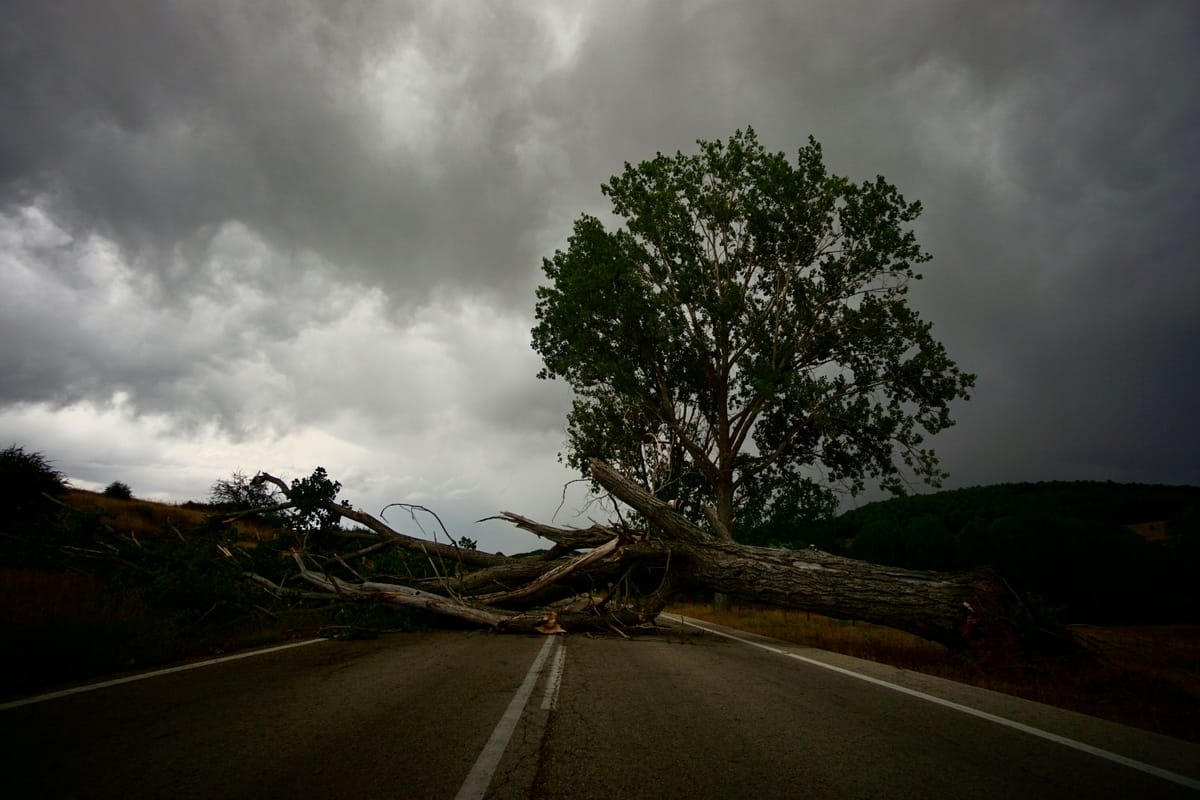Ohio Supreme Court: Youngstown Cannot Claim Immunity in Fallen Tree Death Lawsuit

City Waited Too Long to Raise Defense
COLUMBUS, Ohio — The Supreme Court of Ohio ruled that the city of Youngstown cannot claim immunity in a wrongful death lawsuit filed after a city-owned tree fell on a motorcyclist, killing him.
In a unanimous opinion, the Court upheld a lower appellate ruling that found the city failed to raise its defense of political subdivision immunity in time. The justices agreed that Youngstown missed multiple opportunities to properly assert the defense, waiting nearly three years after the lawsuit began to do so.
Justice Daniel R. Hawkins, writing for the Court, said the city was required to raise its immunity defense promptly under the Ohio Rules of Civil Procedure. “The city had an obligation to raise the affirmative defense of political-subdivision-immunity in a prompt manner to minimize the impact to the estate,” Hawkins wrote.
The decision allows the case, filed by the estate of Thomas Morar, to proceed in Mahoning County Common Pleas Court.
Accident and Lawsuit Background
In June 2017, Morar was riding his motorcycle on a city street when a tree fell and struck him. He suffered severe injuries and died in April 2019. That June, Cheryl Durig, executor of Morar’s estate, filed suit against the city and five employees, alleging wrongful death and negligence.
The complaint claimed the city owned the tree and had ignored public warnings that it was dangerous. The city denied all allegations and listed 11 defenses but did not mention immunity.
Delays and Missed Deadlines
The case saw repeated delays, including a change of judges and disruptions caused by the COVID-19 pandemic. A visiting judge was eventually assigned in 2021 and set deadlines for discovery and motions.
When the estate requested partial summary judgment that fall, Youngstown failed to respond on time. The city later received permission to file a late response and used that opportunity to raise its political subdivision immunity defense for the first time. The estate objected, arguing the city had waived the defense by waiting too long.
The trial court agreed that the city had missed its chance to claim immunity but declined to issue summary judgment for the estate, allowing the case to continue.
City Appeals Denied
Youngstown later hired new attorneys and asked to amend its response to include the immunity defense formally. The trial judge denied that request, and the Seventh District Court of Appeals upheld the decision in a 2-1 ruling. The appellate court found that the city had waited two years and nine months to raise the issue and that its earlier claim that the estate “failed to state a claim” did not preserve an immunity defense.
High Court’s Ruling
The Supreme Court agreed with both lower courts, emphasizing that political subdivision immunity is an affirmative defense and must be raised directly and in a timely manner.
The Court rejected the city’s argument that the pandemic and a judicial reassignment justified the delay. The justices found that most of the delay was due to the city’s own inaction and that the estate had already spent significant time and money pursuing the case.
Because Youngstown failed to assert immunity at the proper time, the Court ruled that the city cannot now rely on that defense. The lawsuit will continue in Mahoning County.
